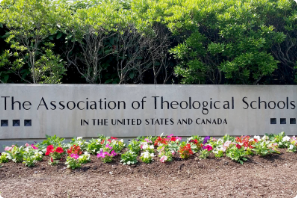Levels of Membership
Membership is open to schools located in the United States and Canada that offer graduate theological degrees, are demonstrably engaged in educating professional leadership for communities of
the Christian and Jewish faiths, and meet the standards and criteria for membership established by the Association and the Commission. The current member schools, include Protestant, Roman
Catholic, Orthodox, and Jewish graduate schools of theology that reflect a broad spectrum of doctrinal, ecclesiastical, and theological perspectives.




